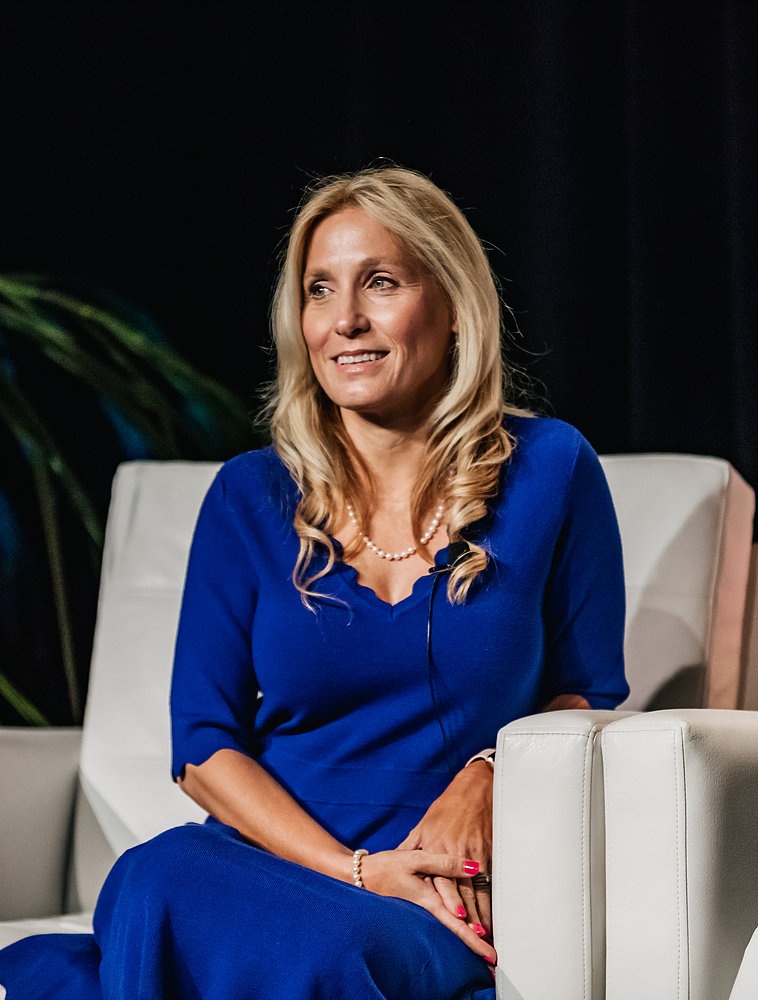
The Red Cross isn’t necessarily your best bet for either donating or receiving help during a disaster. This was a critical — and unexpected — lesson learned by Kate Good, Partner and SVP, Multifamily Development, Hunington Residential and Vanessa Siebern, Vice President, FPI Management when disaster hit close to home. Sharing insights during a panel discussion on Day Two of AIM | 18, both panelists commented that they had found the Red Cross lacking; however, Good did had a fantastic experience with FEMA.
Wendy Werner-Draper, Regional Manager, Arbor Group endured Hurricane Katrina; Good dealt with Hurricane Harvey and Siebern was on the front lines of the wine country wildfires in California. All disasters — like all unhappy families in Leo Tolstoy novels — are disasters in their own individual ways. But according to Werner-Draper, there’s one thing that’s true every time. “The first thing that happens during a disaster is that nothing goes according to plan.”
Each panelist shared personal anecdotes of the extremes of disaster:
Their disasters were different, but they reveal a common theme. Nobody expects multifamily management to be perfect in a chaotic and tragic situation, but the human touch goes a long way. The biggest thing you need to do is just show up. Don’t be scared about not knowing all the answers. It’s important to manage expectations on all sides when a disaster occurs. When residents turn to your onsite staff for answers, they’re not necessarily looking for anything big. According to Siebern, all they really expect is for you to tell them:
“Superstars show up in the middle of devastation,” Werner-Draper said. The panelists also emphasized the importance of being visible and available, even when it’s not easy or straightforward to do so. “When phone calls no longer go through and texts and emails aren’t answered, people go to social media for help,” Werner-Draper said.


That’s why it’s critical to keep people updated on a situation no matter how small or insignificant the updates seem. “Don’t panic,” said Werner-Draper. “Some people don’t know the answers so they post nothing. This is almost the worst thing to do. People are looking for solutions. They understand you won’t know all the answers, but they want to know what you know. Honesty is the best policy. Just tell them it’s going to be 30 days. If it’s 28, you’re a superstar.”
Good shared another important piece of advice about social media. When disaster strikes, coordinate with your marketing team to ensure that seemingly frivolous ads and auto posts are turned off. She shared an anecdote about a property where people had to be airlifted away — yet on their Facebook, it was a constant stream of lighthearted ads for Etsy goods. “Even if your marketing team is offsite and can’t stop this in time, they can certainly scrub it ASAP,” she said.
